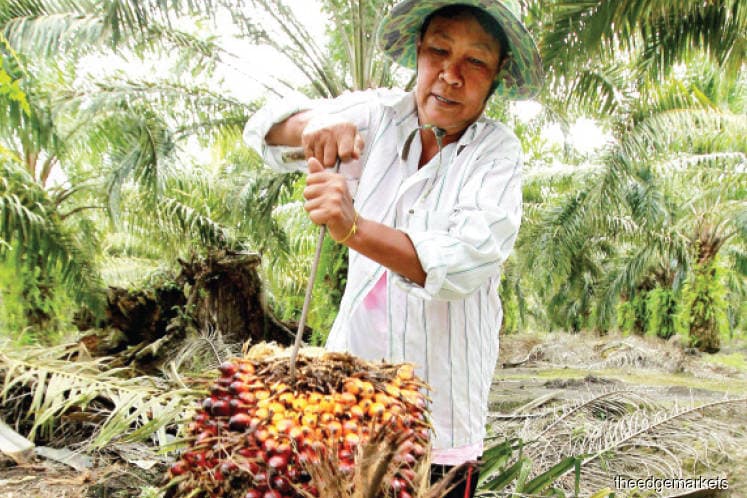
This article first appeared in The Edge Financial Daily on March 6, 2019
KUALA LUMPUR: The classification of all palm oil produce as a high indirect land use change (ILUC) risk is “unacceptable” since such damaging findings are obtained by erroneous and biased interpretations by the European Commission (EC), says the ministry of primary industries.
“This will have a significant deterimental effects on palm oil-producing countries that depend on this industry to raise the socio-economic well-being of their people and to help them achieve the United Nation Sustainable Development Goals,” it said in a statement yesterday.
The ministry, led by its secretary-general Datuk Dr Tan Yew Chong, is currently in Brussels, Belgium to participate in the stakeholder meeting on high and low ILUC risk biofuels under The Recast Of The Renewable Energy Directive (EU RED II).
The ministry said its participation in the workshop is important to provide clear, accurate and scientific based information to stakeholders with regard to the draft delegated regulation of the EU RED II.
“The draft delegated regulation has been found to be lacking in transparency, scientific credibility and many of the assumptions therein fail to reflect the actual sustainable practices in the industry.
“Furthermore, it is biased against palm oil biofuels compared with the other crop-based biofuels. We therefore concluded that overall, palm oil has been unfairly labelled as a high ILUC risk among the eight feedstocks cited in the draft regulation,” it added.
The ministry noted that these actions create unwarranted barriers to Malaysia’s sustainable practices in the industry and overall impedes free trade.
“Malaysia strongly urged the EC to look at the draft delegated regulation in a more holistic, balanced and unbiased manner before implementation,” it said.
“The ministry of primary industries also emphasised that it is of extreme and urgent importance for the European Union (EU) to pay specific attention to Malaysia’s on-going efforts to make its entire palm oil supply chain sustainable by Jan 1, 2020 through its mandatory Malaysian Sustainable Palm Oil (MSPO) certification scheme and to accept MSPO as one of the voluntary schemes under the EU RED II.
“Malaysia further restated its willingness to work with the EU experts to help address any concerns regarding the draft delegated regulation that aims to classify all palm oil produced as high ILUC risk,” added the ministry.